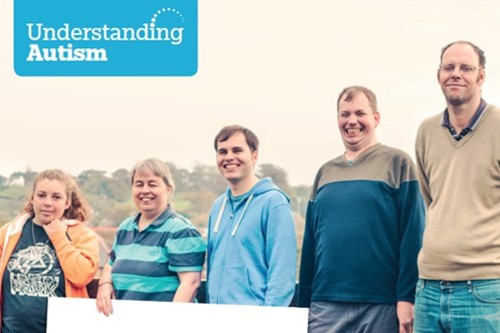The word 'spectrum' is used because, while all people with autism share four main areas of difficulty, their condition will affect them in very different ways.
The characteristics of autism vary from one person to another, but in order for a diagnosis to be made, a person will usually be assessed as having had persistent difficulties with social communication and social interaction and restricted and repetitive patterns of behaviours, activities or interests since early childhood, to the extent that these "limit and impair everyday functioning".
Some people are able to maintain an independent lifestyle; others may require specialist support at different points in their lives. Some autistic people say the world feels overwhelming and this can cause them considerable anxiety.
Autism is a ‘hidden disability’. It can be hard to create awareness of autism. Adults with autism can find that they are misunderstood.
People with autism, including those with Asperger’s Syndrome, share four main areas of difficulty, although the condition will affect individuals in different ways:
- Social communication - difficulty understanding facial expressions or tone of voice or taking common phrases or sayings like 'It's raining cats and dogs' literally.
- Social interaction - difficulty making friends because they do not understand the rules of social contact.
- Social imagination - difficulty understanding and interpreting thoughts, feelings and actions of others. They can also find it hard to predict what will happen next which makes it challenging for them to prepare for change and plan for the future.
-
Sensory processing and integration - it is now widely recognised that the majority of individuals on the autistic spectrum experience sensory issues. For example, being hypersensitive and /or hyposensitive to sensory input or having difficulty discriminating certain sensations. This can have an effect on emotions, ability to perform certain tasks and managing behavioural and emotional responses.








